The National Weather Service has designated this week Air Quality
Awareness Week. There are many kinds of air pollution. The
Environmental Protection Agency (EPA) calculates the Air Quality
Index for five major air pollutants regulated by the Clean Air Act:
ground-level ozone, particle pollution, carbon monoxide, sulfur
dioxide, and nitrogen dioxide. Ozone and particle pollution are two
common pollutants found in many parts of the country.
Ozone is a colorless odorless gas. It's the same kind of gas that's
found in the ozone layer. But in the ozone layer - high in the Earth's
stratosphere - ozone protects us from the sun. At ground level, where
we live, ozone pollution is unhealthy to breathe. Ground-level ozone
forms when pollutants from cars, trucks, power plants, industries,
and some consumer products "cook" in the sun. Ozone usually peaks
during the afternoon hours, when sunlight is the most intense.
Particle pollution consists of microscopic particles in the air. It can
be a problem in the winter or summer, depending on where you live.
Particle pollution causes haze, blurring the view in many cities and
national parks. And like ozone, it's not healthy to breathe.
You can help reduce pollution in your community by following these
guidelines. These recommendations are especially important when
ozone is expected to be unhealthy:
Conserve electricity and set your air conditioner at a higher
temperature.
Choose a cleaner commute-share a ride to work or use public
transportation.
Combine errands and reduce trips.
Bicycle or walk to errands when possible.
Defer use of gasoline-powered lawn and garden equipment for
later in the day, or for days when the air quality is better.
Refuel cars and trucks after dusk.
Limit engine idling.
Get regular engine tune ups and car maintenance checks
(especially for the spark plugs).
Avoid spilling gas and don't top off the tank. Replace gas tank cap
tightly.
Properly dispose of household paints, solvents and pesticides.
Store these materials in airtight containers.
Paint with a brush, not a sprayer.
Buy low VOC paints for indoor and outdoor painting jobs.
You can help prevent or reduce unhealthy levels of particle pollution
with these actions: :
Reduce or eliminate fireplace and wood stove use.
Avoid using gas-powered lawn and garden equipment.
Avoid burning leaves, trash and other materials.
Use household, workshop, and garden chemicals in ways that keep
evaporation to a minimum, or try to delay using them when poor
air quality is forecast.
Replace your car's air filter and oil regularly
You can track Air Pollution by checking out this website:
http://www.airnow.gov/
Friday, May 4, 2007
Air Quality Awareness Week
Subscribe to:
Post Comments (Atom)
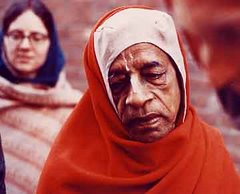
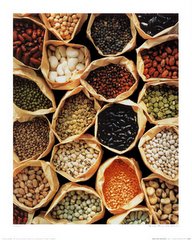







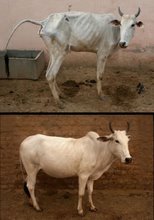

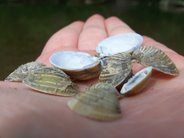

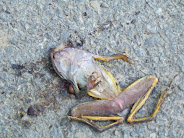
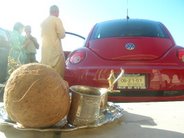




1 comment:
Great work.
Post a Comment